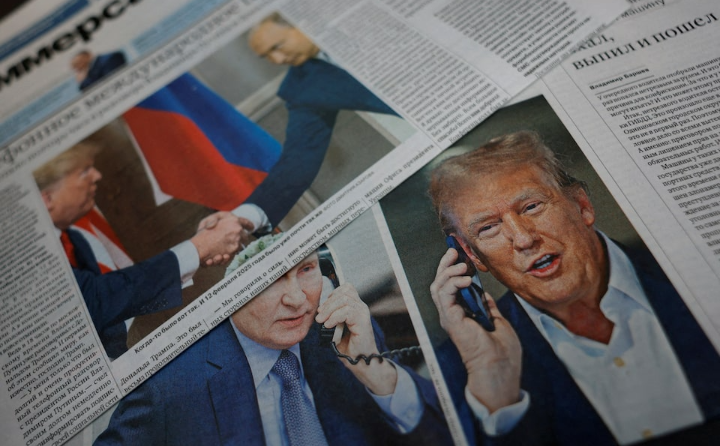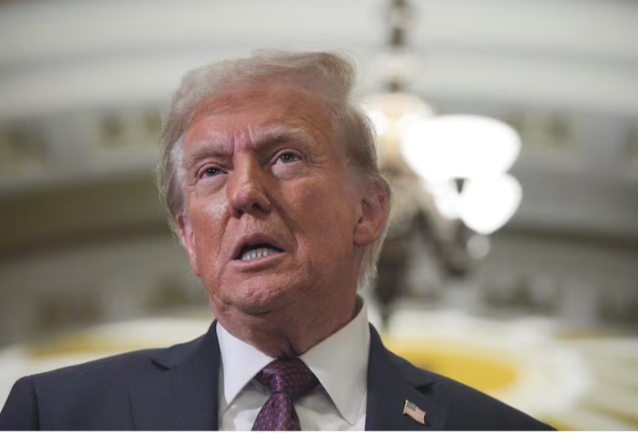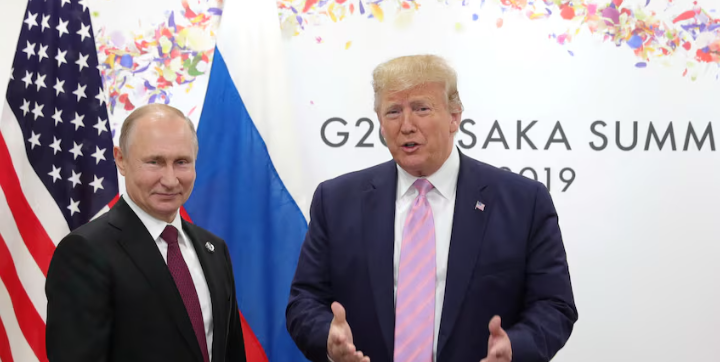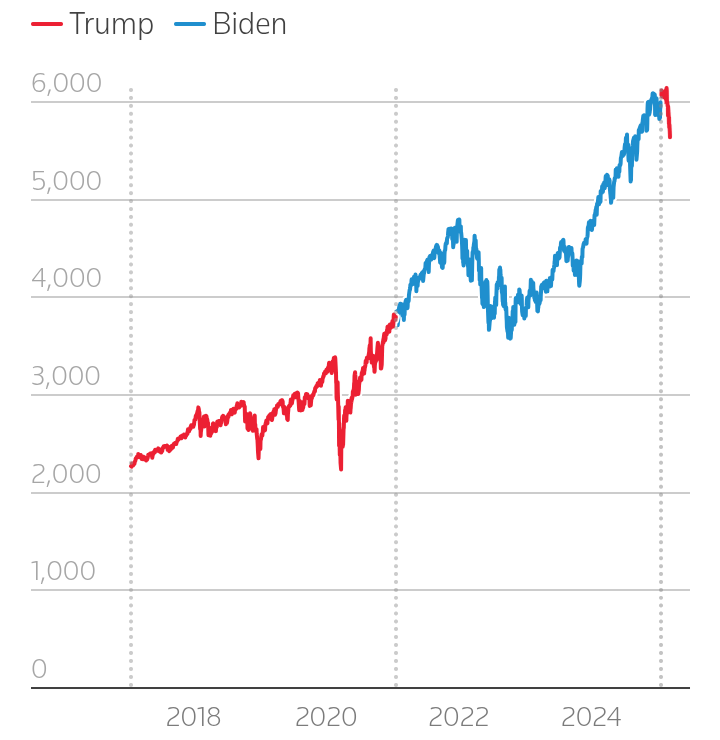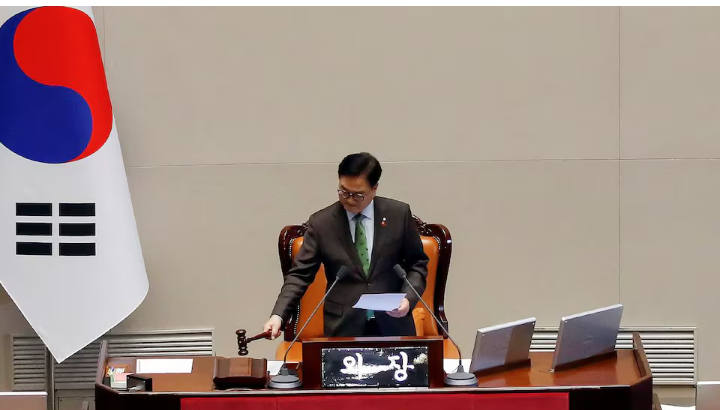In a dramatic shift from previous U.S. policy, President Donald Trump has initiated direct negotiations with Russia to resolve the ongoing conflict in Ukraine. These discussions, held recently in Riyadh, notably excluded Ukrainian and NATO representatives, raising significant concerns among European allies about the potential implications for regional security. Critics argue that sidelining key stakeholders could undermine Ukraine's sovereignty and embolden Russian aggression.
The Trump administration's approach marks a departure from the firm stance maintained by former President Joe Biden, who prioritized isolating Russia economically and diplomatically following its 2022 invasion of Ukraine. In contrast, Trump's team, perceived as less experienced in high-stakes international negotiations, appears willing to make concessions, including ruling out NATO membership for Ukraine—a move that has alarmed both U.S. lawmakers and European leaders.
During a press conference at Mar-a-Lago, President Trump dismissed Ukrainian concerns about their exclusion from the talks, suggesting that Kyiv should have reached an agreement with Moscow years earlier to prevent the current conflict. He also indicated a possible meeting with Russian President Vladimir Putin in the near future, expressing confidence in his administration's ability to broker a peace deal. However, this optimism is not universally shared, as many fear that the U.S. may be conceding too much to Russian demands without securing meaningful commitments in return.
The exclusion of Ukraine and European allies from these negotiations has prompted discussions about potential peacekeeping deployments to ensure stability in the region. Nonetheless, Russia has signaled resistance to such initiatives, further complicating the path to a sustainable resolution. The situation remains fluid, with the international community closely monitoring the developments and their potential impact on the geopolitical landscape.
As the U.S. and Russia move forward with their bilateral talks, the absence of key stakeholders raises questions about the legitimacy and durability of any forthcoming agreements. The international community remains on edge, wary that the current trajectory could lead to a realignment of power dynamics in Eastern Europe, with long-lasting consequences for global security.

